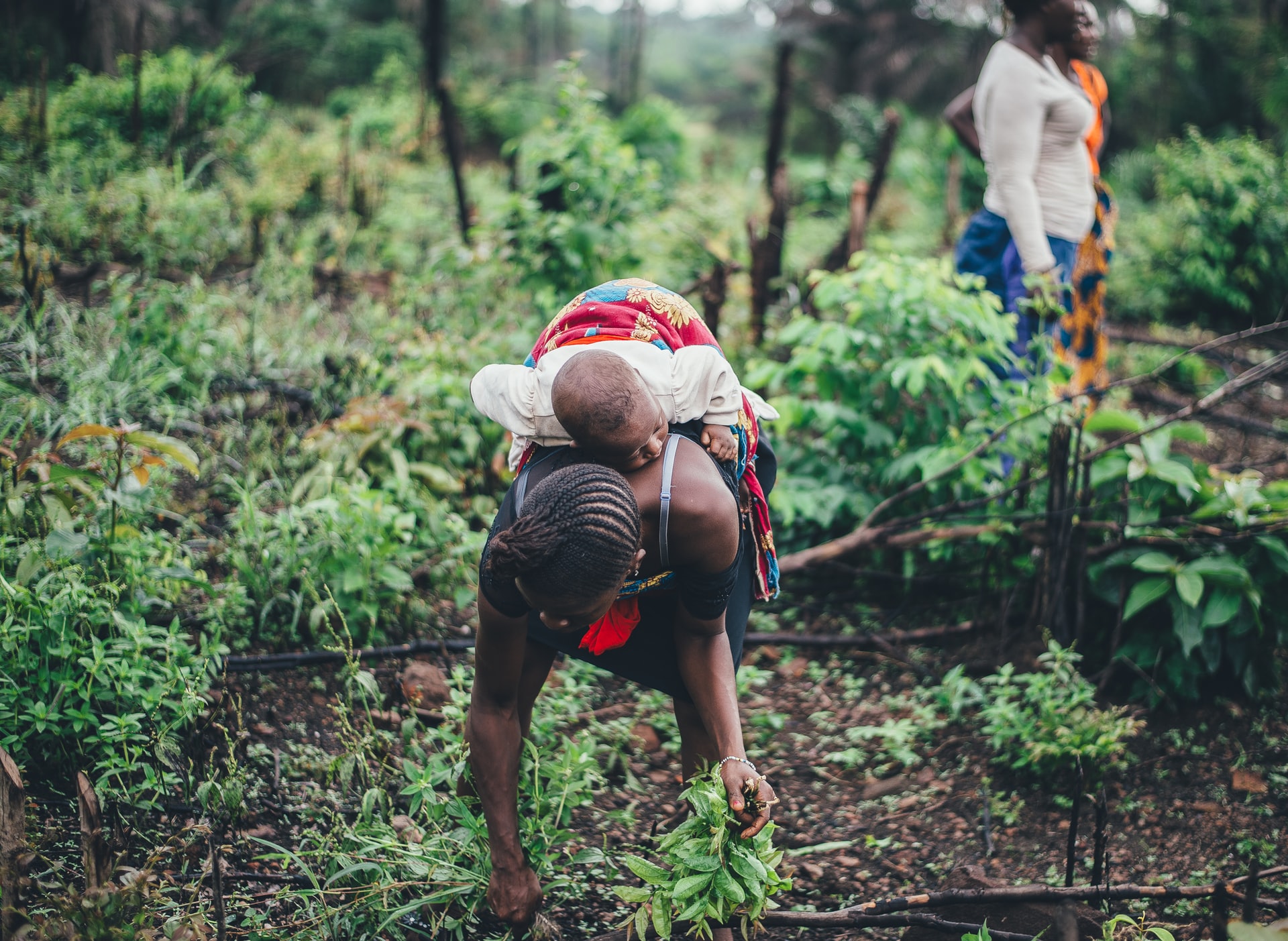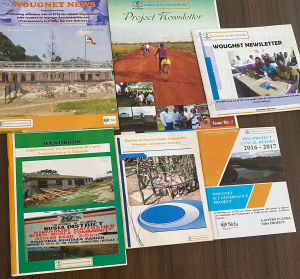The agricultural sector remains critical to the local and regional economies across Uganda. Being the basis for food security and an important source of employment, particularly for women. Yet, studies consistently find that female farmers have lower rates of agricultural productivity than male farmers.
Based on original research conducted by UN women in countries like Ethiopia, Malawi, Rwanda, Uganda, and United Republic of Tanzania, it shows that gender gaps in agricultural productivity do not arise because women are less efficient farmers but because they experience inequitable access to agricultural inputs, including family labor, high-yield crops, pesticides, and fertilizers. Equalizing women’s access to agricultural inputs, including time-saving equipment, and increasing the return to these inputs is critical to close gender gaps in agricultural productivity.
A joint investigation by the United Nations and World Bank in 2015, indicates that Ugandan female farmers face poor production conditions compared to their male counterparts and neither do they make the same production choices. As a result, they may not have identical levels of agricultural productivity. This shows that male farmers have higher productivity than female farmers because they grow higher-value crops and employ better technologies. In addition to that, social norms — often reinforced by gender-based violence— assign women the responsibility of taking care of household duties like looking after children. That being the case, it results to “time poverty” where most women have relatively limited time to devote to their own agricultural activities thus affecting the quality and quantity of their agricultural production.
Furthermore, the limited equal participation of women in decision-making has also negatively affected their productivity in agriculture. Often times women have to ask permission from their husbands before they attend to their agricultural duties which limits their commitment to agriculture hence crippling their productivity. Women’s lack of access and control over land which is the most significant resource in agriculture has also affected their productivity in agriculture. Studies from allAfrica indicate that only seven percent of women own land in Uganda, in most circumstances, women feel it’s risky to invest on a land they don’t own with fear that it could be taken away from her at any time. These challenges are often not faced by men, therefore addressing these constraints would have enormous potential benefits not only for women but the agricultural sector in general and for society at large. Below are some of the recommendations that can be adopted to address these.
As an organization that puts the development of women at the center of its service, Women of Uganda Network (WOUGNET) has made efforts to enhance the productivity of women in agriculture. In 2017, WOUGNET together with other partners implemented a three-year project titled ‘’ Enhancing rice- Green Gram productivity in three different districts of northern Uganda which included Apac, Kole and Lira district, with support from Applied Research Fund. The aim of the project was to increase food productivity for income generation and food security, and empowering farmers especially women to have easy access to quality seeds. The project linked farmers to markets through establishing farmer groups, building their capacity in negotiation skills so that they are able to negotiate prices with their fellow farmers. This has improved the livelihoods of women farmers, for example, it has increased food productivity, food security and market of their produces.
Gender Policy Advocacy needs to play a great role if women are to achieve increased agricultural productivity. In most policy dialogues, the discussions are often times dominated by men thus leaving behind the ideologies of women unattended to. So, it’s important to get women onto the decision-making table by supporting the work of apex organizations that obligated to represent the voices of women. This can be achieved by building the capacity of women in the agricultural sector on how to advocate for fellow women in the sector, how to use evidence-based research for lobbying, how to contribute to policy discussions. It doesn’t happen overnight, however with time, an empowered female advocate can confidently speak out on a policy round table and say that “I represent 500,000 women smallholder farmers”, or “I represent most of the women doing cross-border trade in East Africa” and these are their challenges.
More to that, policies designed to alter the terms and conditions under which women operate their agricultural activities should address the underlying forces that affect their productivity. This is because the inputs and product markets may have a limited impact on their agricultural productivity compared to underlying forces such as; access to land, equalizing women’s access to key agricultural resources especially land will automatically create access to agricultural inputs including and not limited to time-saving equipment and fertilizers. This is simply because access to land enables them to have access to financial resources like loans from microfinance institutions that support small and medium income farmers using their land as collateral. In a long run, this will increase the female farmers’ productivity hence closing the gender gaps in agricultural productivity
Agnes Quisumbing, a senior researcher at International Food Policy Research Institute encourages a joint ownership of key assets between male and female household members. She emphasized that closing the gap between men’s and women’s ownership and control of assets may lead to better development outcomes. In addition, Ruth Meinzen-Dick( senior researcher IFPRI) evaluated women’s productivity basing on their access to social capital especially group memberships and participation in social networks. From her assessment, she acknowledged that social capital serves as an entry point for so many agricultural development programs and in other sectors,” Women will therefore have a say on valuable resources if they participate in these groups and this will eventually improve their production.
Conclusively, giving women the same access as men to agricultural resources could increase production on women’s farms. Women in both rural and urban areas need the same access to land, technology, financial services, education and markets as men if they are to realize their full potential. Its accordingly important to eliminate all forms of discrimination against women by ensuring that access to resources is more equal, ensuring that agricultural policies and programs are gender sensitive, and further making efforts for women’s voices to be heard in decision-making at all levels. Women must be seen as equal partners in sustainable development because this will boost agricultural production, which will in return improve the livelihood of women and also reduce the number of hungry people.
Written by;
Babirye Roseline, Program Assistant, Gender and ICT policy Advocacy






